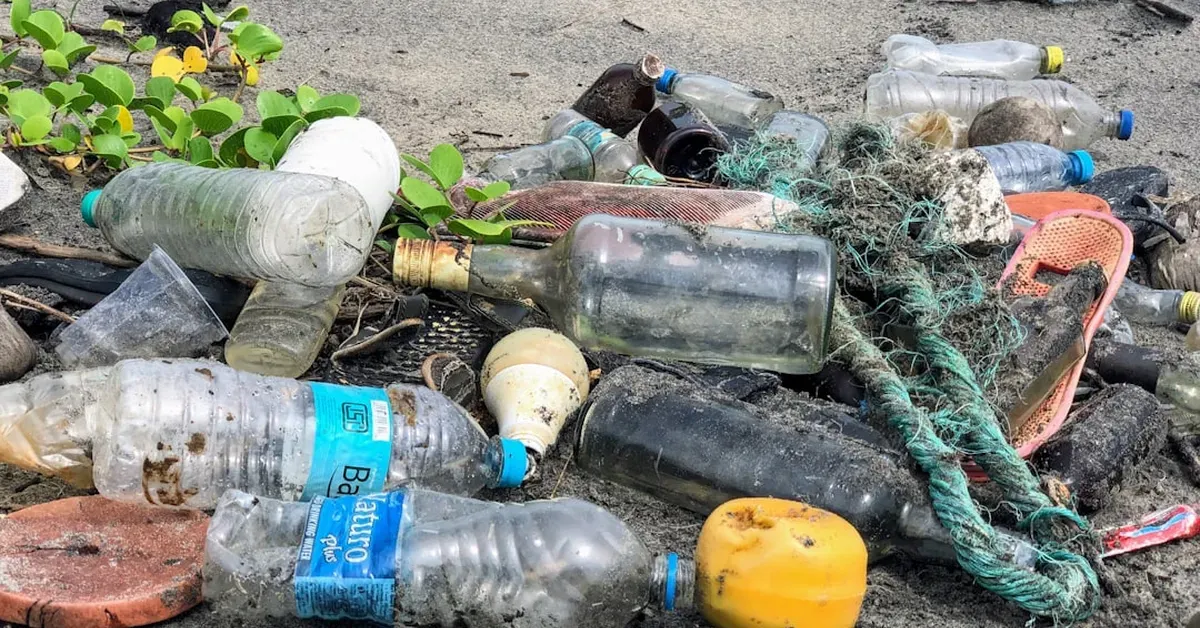
Remember when we thought the scariest thing about plastic was those impossible-to-open clamshell packages? Well, scientists just dropped a bombshell that makes packaging frustration seem quaint: they’ve discovered microplastic particles crossing the blood-brain barrier, essentially turning our gray matter into a microscopic landfill.
Your Brain’s Unwanted Houseguests
These tiny plastic invaders, smaller than a grain of sand, aren’t just floating around in our oceans anymore - they’re literally setting up camp in our neural neighborhoods. Research shows these particles can trigger inflammation and oxidative stress in vital organs, with the brain being particularly vulnerable to their effects.
The most unsettling part? These microscopic menaces are acting like toxic hitchhikers, carrying other environmental pollutants along for the ride. It’s like giving a free Uber to every nasty chemical looking to crash your neural party.
From Your Lunch Box to Your Neurons
The journey of these plastic particles reads like a dystopian travel blog. They’re entering our bodies through multiple routes - the air we breathe, the water we drink, and even that fancy sea salt you splurged on at Whole Foods. What’s more concerning is that these particles are accumulating in our bodies faster than we can say ‘bring your own shopping bag.‘
The Scary Science Behind the Headlines
While researchers are still mapping out the full extent of the damage, early findings suggest these uninvited guests might be rewriting our brain’s operating manual. They’re potentially disrupting everything from cellular communication to basic neural functions - imagine trying to run the latest software on a computer that’s slowly being filled with microscopic pieces of trash.
What This Means for Our Future
The implications stretch far beyond individual health concerns. We’re looking at a potential public health crisis that’s been building up particle by particle, bottle by bottle. Environmental scientists are now racing against time to understand how these findings might reshape our understanding of neurological disorders and cognitive health.
The solution isn’t as simple as switching to paper straws. This discovery demands a complete rethinking of how we produce, consume, and dispose of plastic. It’s no longer just about saving the turtles - it’s about saving ourselves.